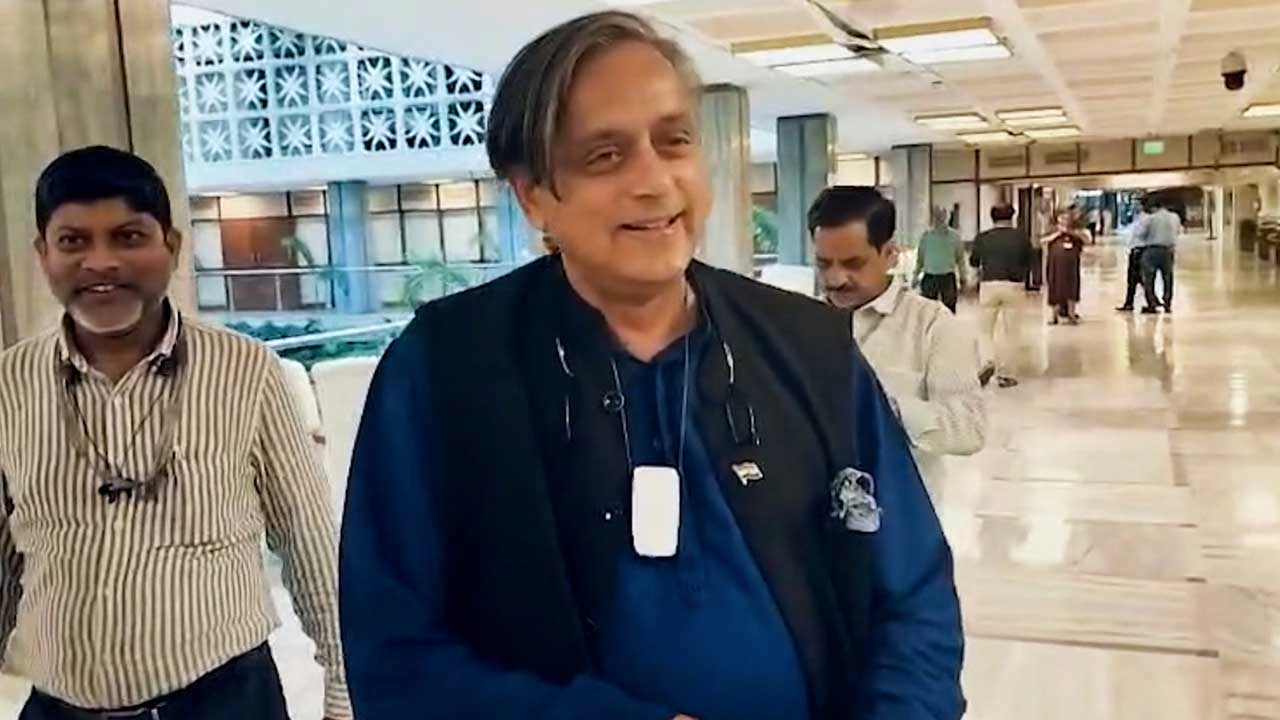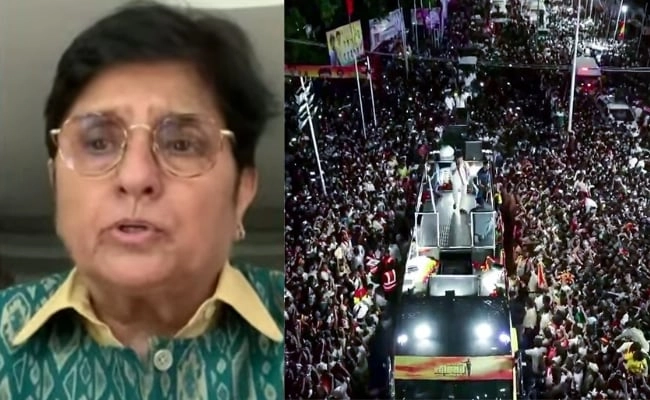In a recent political development, Shashi Tharoor has been at the center of a heated debate within the Congress party regarding the controversial Op Sindoor operation. This operation, which reportedly aimed to address critical security concerns, has sparked significant discussion among party members and the wider public. Tharoor’s stance on the operation has raised eyebrows, as he appears to have distanced himself from the party’s official narrative, leading many to speculate about the implications of his comments for both his political career and the party’s internal dynamics.
The Op Sindoor debate has brought forth deep divisions within the Congress party, particularly concerning how national security issues are communicated and managed. Tharoor, who has often positioned himself as a vocal advocate for progressive ideas, seems to have found himself at odds with more traditionalist perspectives within the party. His criticism of the operation is viewed by some as an attempt to carve out a unique political identity, one that resonates with a younger, more discerning electorate. However, this move could also be interpreted as a risk, potentially alienating him from party loyalists who favor a united front on sensitive matters.
Within the Congress party, discussions surrounding Op Sindoor have not only highlighted differing opinions on security policy but have also exposed underlying tensions regarding leadership and direction. Tharoor’s decision to speak out has prompted his colleagues to reassess their strategies, particularly as they navigate the complexities of contemporary political discourse. The party’s ability to maintain cohesion while addressing divergent viewpoints will be crucial as it seeks to bolster its position in upcoming elections. As the debate unfolds, it remains to be seen whether Tharoor’s comments will serve as a catalyst for reform within the party or further entrench existing fractures.
As the political landscape continues to evolve, the implications of Tharoor’s stance on Op Sindoor are significant. His remarks could potentially reshape not only his own political future but also the broader narrative of the Congress party in a time of increasing scrutiny and public skepticism. Observers are keenly watching how the party responds to these internal challenges, as well as how Tharoor’s actions might influence the perceptions of voters who are increasingly demanding accountability and transparency from their leaders. In this context, the Op Sindoor debate exemplifies the broader struggles facing the Congress party as it grapples with its identity and relevance in a rapidly changing political environment.




